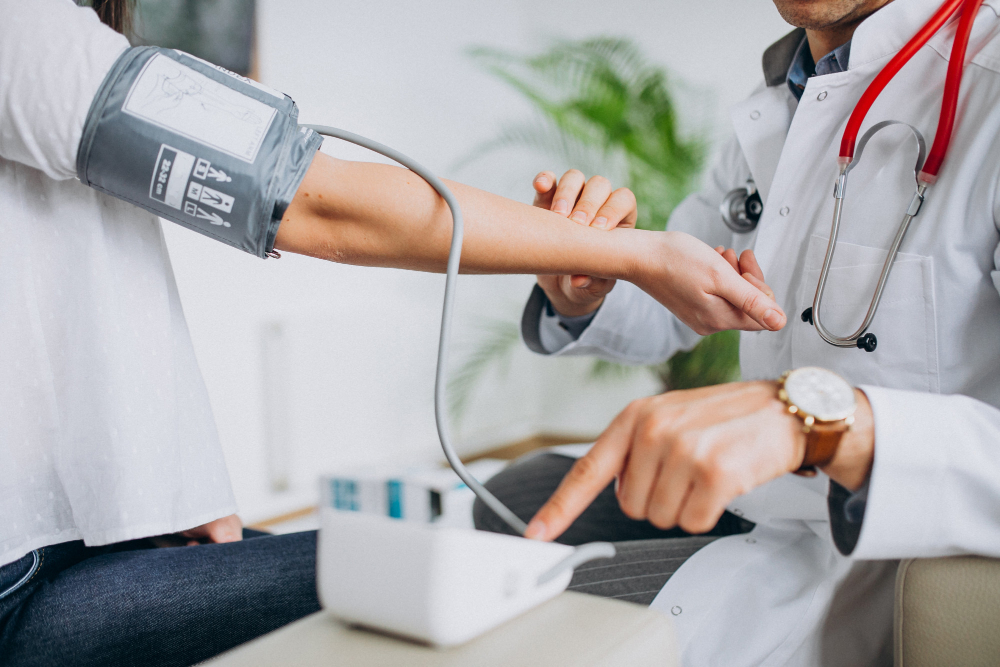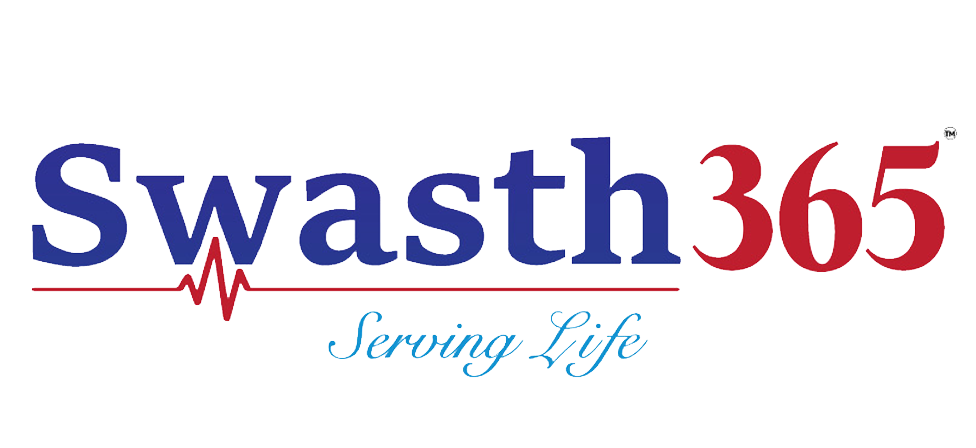High Blood Pressure or Hypertension

What is hypertension?
Hypertension, commonly referred to as excessive blood pressure, occurs when the blood presses too firmly against the walls of the blood vessels (arteries). The arteries are the blood vessels that carry blood away from the heart. Hypertension can cause the arteries to narrow or harden, which makes the heart work harder to pump blood.
What may lead to high blood pressure?
The majority of people have “primary hypertension,” meaning they are unable to identify the source of their high blood pressure. The term “secondary hypertension” refers to high blood pressure that may have a treatable cause, usually a kidney or hormone disorder. Doctor will assess for your high blood pressure if you have a condition that can be cured.
It is believed that genetics (heredity), obesity, a high-sodium diet, and psychological stress all contribute to primary hypertension. High blood pressure can be brought on by excessive alcohol consumption, smoking, sleep apnea, some herbal remedies, diet pills, other stimulants, and a lack of exercise
Signs & Symptoms
Usually, hypertension does not show any symptoms. It is crucial to regularly check your blood pressure to see whether it is elevated.
What are the causes of high blood pressure?
The risk of high blood pressure increases with age. Other risk factors include being overweight or obese, not exercising, using nicotine, eating too much salt (sodium), and not enough potassium.
What are the long-term problems with high blood pressure?
Long-term high blood pressure can lead to a number of adverse effects, including: blindness, chest pain, heart attack, memory loss, personality changes, difficulty concentrating, irritability, progressive loss of consciousness, sexual dysfunction, severe injury to the body’s main artery, stroke, and loss of kidney function.
What may lead to high blood pressure?
- Most persons have “primary hypertension,” meaning they don’t know what causes their high blood pressure. About 5 persons out of every 100 have “secondary hypertension,” which denotes that the high blood pressure may have an underlying and treatable cause, typically a kidney or hormone disease. If you have a curable condition, your healthcare practitioner will determine if you have a treatable cause for your high blood pressure.
- Primary hypertension is thought to be influenced by genetics (heredity), obesity, a high salt diet, and psychological stress. Excessive alcohol use, smoking, sleep apnea, certain herbal medicines, diet pills, other stimulants, and a lack of physical activity can all contribute to high blood pressure.
How to measure and diagnose your blood pressure?
Two numbers are used to determine blood pressure:
Systolic blood pressure, which is the first number, gauges the pressure in your arteries when your heart beats.
Diastolic blood pressure, or the second number, gauges the pressure in your arteries between heartbeats.
If your blood pressure is less than 120 mmHg (systolic) and 80 mmHg, it is considered to be normal (Diastolic).
Monitoring and Treatment
Your blood pressure readings and general health will determine the kind of high blood pressure medicine your doctor recommends. It might take some trial and error to locate the pill or drug combination that works best. Ask your doctor what your blood pressure treatment goal should be.
Keeping track of blood pressure at home is important for many people, especially if you have high blood pressure. This helps you and your doctor find out if your treatment is working.

